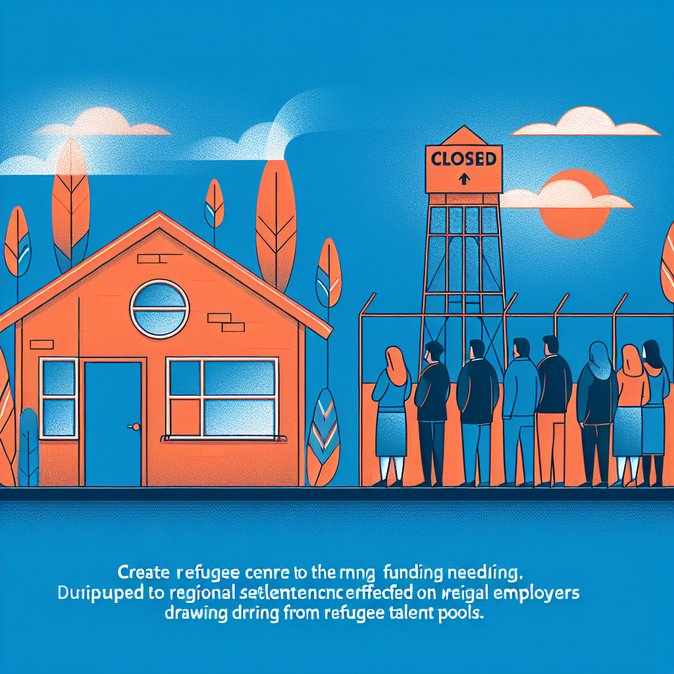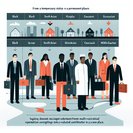
Matthew House Refugee Welcome Centre, a key shelter for asylum seekers in Windsor-Essex, issued an urgent fundraising appeal on October 29. Executive Director Mike Morency warned that inflation, higher food costs and a nationwide decline in charitable giving have created a budget shortfall that could force the centre to reduce its 42-bed capacity within weeks.
The non-profit—which relies entirely on donations—has provided transitional housing and settlement services to more than 3,000 refugee claimants since 2023, many of whom were transferred from IRCC-funded hotels as part of the federal government’s efforts to decompress Toronto’s overburdened shelter system. A closure would leave southwestern Ontario with limited capacity just as arrivals through the Windsor-Detroit corridor trend upward following the easing of U.S. Title 42 restrictions earlier this year.
Local employers in manufacturing and agri-food increasingly tap refugee claimants for entry-level labour, meaning cutbacks could indirectly tighten an already constrained regional labour market. Community foundations are mobilising emergency grants, and the City of Windsor will debate a one-time bridge loan on November 4.
For corporate relocation programs that support refugee or humanitarian pathways (e.g., corporate sponsorships under the Economic Mobility Pathways Pilot), loss of shelter space may increase costs for temporary accommodation and case-management services.
Action point: organisations interested in corporate social-responsibility partnerships can contact Matthew House to sponsor beds at CAD 700 per month, a move that both supports community integration and strengthens ESG credentials.
The non-profit—which relies entirely on donations—has provided transitional housing and settlement services to more than 3,000 refugee claimants since 2023, many of whom were transferred from IRCC-funded hotels as part of the federal government’s efforts to decompress Toronto’s overburdened shelter system. A closure would leave southwestern Ontario with limited capacity just as arrivals through the Windsor-Detroit corridor trend upward following the easing of U.S. Title 42 restrictions earlier this year.
Local employers in manufacturing and agri-food increasingly tap refugee claimants for entry-level labour, meaning cutbacks could indirectly tighten an already constrained regional labour market. Community foundations are mobilising emergency grants, and the City of Windsor will debate a one-time bridge loan on November 4.
For corporate relocation programs that support refugee or humanitarian pathways (e.g., corporate sponsorships under the Economic Mobility Pathways Pilot), loss of shelter space may increase costs for temporary accommodation and case-management services.
Action point: organisations interested in corporate social-responsibility partnerships can contact Matthew House to sponsor beds at CAD 700 per month, a move that both supports community integration and strengthens ESG credentials.





